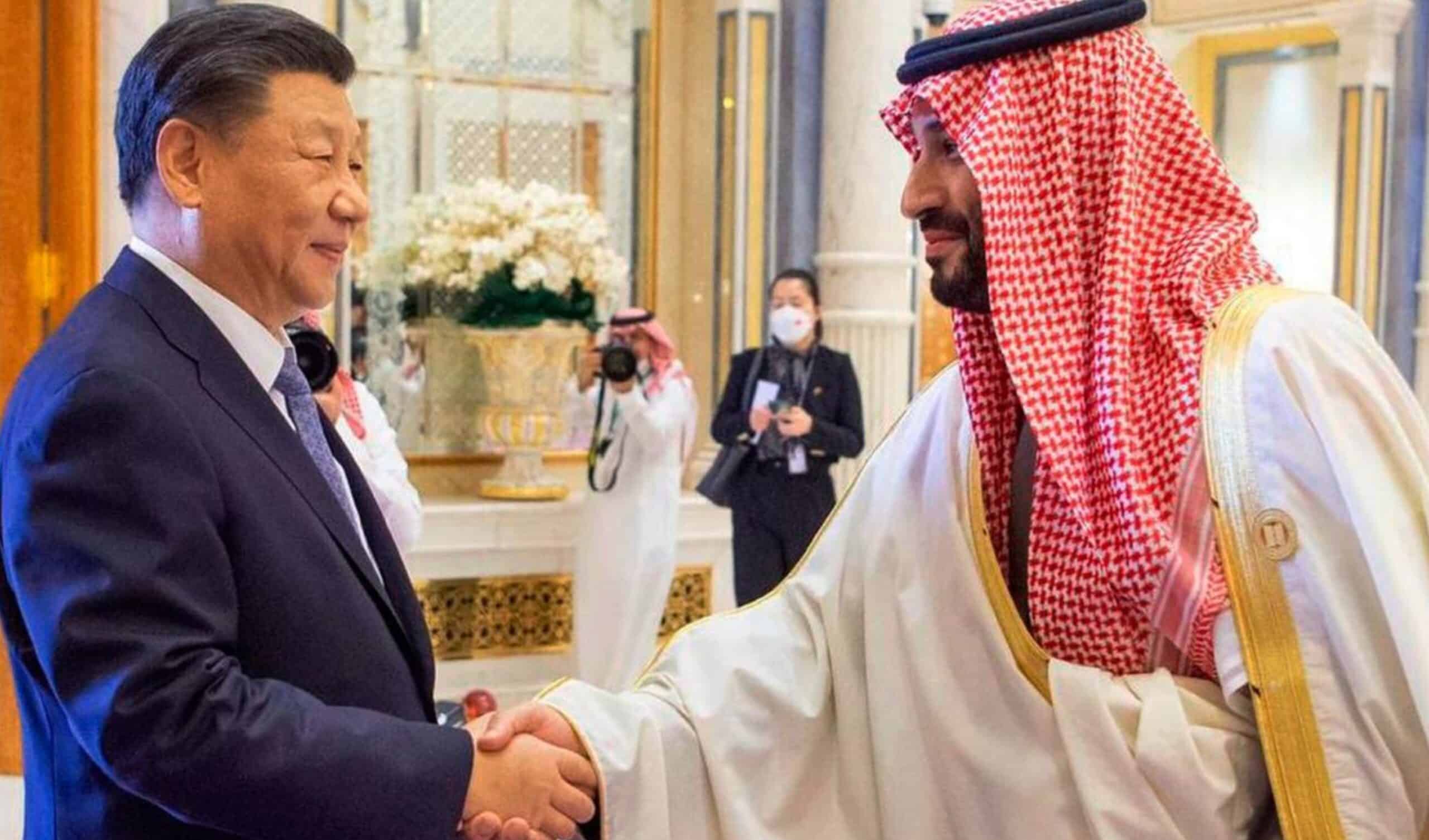ANYA CHINAPPI WRITES – On Friday, Mar. 10, after seven years of tension, Saudi Arabia and Iran agreed to re-establish diplomatic relations in a deal brokered by China. The agreement was reached in Beijing after four days of previously undisclosed talks between the rival countries.
With the current strain in US-Saudi Arabia relations, China has taken advantage of the opportunity to change up geopolitics in the Middle East by taking a leading role in the region.
“For Iran, it’s about escaping diplomatic isolation. For China, it’s about deepening their engagement in the region and showing it’s not just an energy consumer. And for Saudis, it’s about the Americans,” Ray Takeyh, an Iran expert at the Council on Foreign Relations, former State Department official, and former U.S. diplomat said to The Wall Street Journal.
The main aim of the agreement is to restore relations between Saudi Arabia and Iran. This is important, as in 2016, after the Saudi execution of the Shia cleric Nimr al-Nimr, Iranian protesters attacked Saudi diplomatic missions. Tensions increased. As part of the new deal, both countries will reopen their embassies in the others’ respective nations and will exchange ambassadors within the next two months. According to Saudi, Iranian, and U.S. officials, Iran agreed to halt attacks against Saudi Arabia, including those waged by the Houthi rebels that Iran backs in the ongoing Yemen civil war. In addition, Iranian and Saudi foreign ministers will hold a summit to solidify other details of the deal.
While this breakthrough seems sudden, was it really? Should we be surprised, as China may have been somewhat inconspicuously preparing for this moment? Or is this a new development that just happens to benefit China as well?
Before the deal, China had already strengthened economic ties with Saudi Arabia and Iran. Firstly, China is the Middle East’s biggest customer in energy exports. Specifically, Saudi Arabia is one of China’s largest oil suppliers, and China is Saudi Arabia’s biggest trading partner.
In addition, China and Iran’s diplomatic relationship dates back to 1971. According to the Associated Press, Iran’s economy relies on China for 30% of its foreign trade. And in 2021, China offered to invest over $400 billion in Iran in exchange for a quarter of a century’s oil and fuel concessions. Finally, in December 2022, Xi Jinping visited Riyadh, Saudi Arabia, to meet with Crown Prince Mohammed bin Salman; then two months later, Xi welcomed Iranian President Ebrahim Raisi to Beijing.
So how exactly does China benefit from the agreement? For starters, it gains immense credibility in the Middle East by solidifying an agreement to resolve one of the region’s biggest geo-strategic competitions. “China’s ambitions to position itself as a credible peacemaker have a broader scope covering conflicts in Syria, Libya, and Yemen,” said Ahmed Aboudouh, a non-resident fellow in the Middle East Programs at the Atlantic Council.
Secondly, a stable Middle East means that China gets hold of vital global resources in the Gulf that are essential to China’s economic security. According to The New York Times, “the Gulf has emerged as a key node along its Belt and Road Initiative trade routes” and has become a “major market for Chinese consumer goods and technology.” This includes Huawei, the Chinese telecommunications giant. Javil Owji, Iran’s Minister of Oil, a day after the deal was finalized, said, “Iran has defined several major economic projects with China and reached good contracts and agreements with large Chinese companies.”
Most notably, Xi, who just secured his third presidential term with the Chinese Communist Party, emerges as a prestigious global leader in the Middle East. This agreement also put Xi’s Global Security Initiative, introduced during China’s annual Two Session meetings, into action. “China will be a promoter of security and stability, partner for development and prosperity and supporter of the Middle East’s development through solidarity. China will continue to contribute its insights and proposals … and play its role as a responsible major country in this process,” concluded a Chinese Foreign Ministry spokesperson on the Saudi Arabia-Iran Talks in Beijing. Bravado it may have been, but pure propaganda it was not. This was an achievement, perhaps historic.

